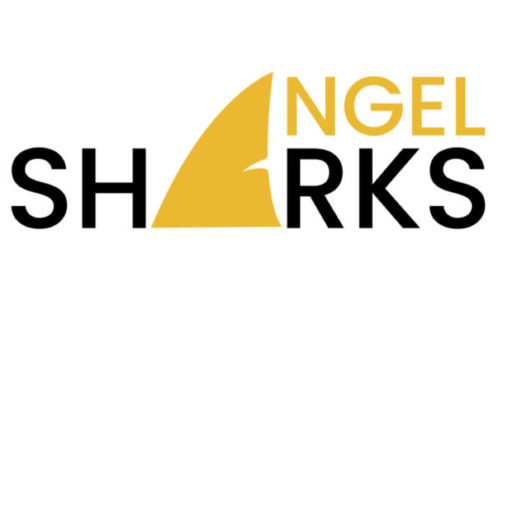In the heart of Malibu, surrounded by the ocean’s bounty, lies an opportunity to revolutionize the seafood industry and contribute to carbon removal efforts. It’s puzzling that despite residing just 13 miles inland, my local Costco stocks imported Mussels at an enticing $.99 per pound.

This low price means our local Shellfish industry can no longer compete. The Fossil Fuel used in transport plus Costco’s markup means the actual farms and processors abroad are earning substandard wages. Adding to the problems of meeting UN ESG We now need to only eat from locally sourced Seafood and reward those who Grow Shellfish sustainably. The current low price of carbon offsets offers too little too late for many Shellfish farms. Angel Sharks is reinventing Shellfish Aquaculture using our ESG+Health principles. With the United States grappling with a $17 billion trade deficit in imported seafood, the time is ripe for a shift towards sustainable, locally sourced alternatives. Costco, a retail giant, seemingly offers clams at a bargain, but the true cost involves a complex web of fossil fuel usage and environmental impact. At $.99 per pound, one can’t help but wonder about the economic and ecological implications of such a seemingly inexpensive choice. Zero of that price covers the environmental toll of transportation and processing and Damages are seafood processors. Digging deeper, the math suggests that a significant portion of the cost is allocated to transportation and processing fuel costs, leaving the primary producers with a mere fraction. The environmental footprint of importing seafood is substantial, with fossil fuels burned during transportation contributing to climate change. It’s time to reconsider our choices and invest in a more sustainable future. Imagine a scenario where we pay a slightly higher price, say $5 per pound, for clams grown locally. This not only supports local economies but also significantly reduces the carbon footprint associated with transportation. The extra dollars invested can directly benefit local shellfish farmers and food processors, fostering a more sustainable and resilient seafood industry. The case for sustainable shellfish farming extends beyond economics. Consider the environmental impact of importing clams versus cultivating them locally. The transportation of imported seafood involves not just monetary costs but also contributes to carbon emissions. By choosing locally grown shellfish, we can substantially reduce the carbon footprint associated with our seafood consumption. Now, let’s delve into the potential carbon offset that locally farmed shellfish can provide. The shells of clams CACO3 contain approximately 12% carbon by weight. Instead of considering this as waste, we can view it as a valuable resource for carbon removal initiatives. Imagine a system where the shell waste generated by local shellfish farming is utilized to generate carbon offsets earning them more as they harvest and process more sustainably with electric Fishing vessels and carbon-negative food processing. Enter Angel Sharks XPRIZE Carbon Removal Team – a visionary group working towards innovative solutions for carbon removal. Local shellfish farmers and food processing companies are collaborating with this team to develop a comprehensive program that utilizes shell waste for carbon offset projects. This not only benefits the environment but also positions these businesses as pioneers in sustainable practices. In conclusion, the seemingly straightforward choice of purchasing clams from a local Costco reveals a nuanced story of environmental impact, economic distribution, and sustainability. By embracing locally sourced shellfish, we not only support our communities but also contribute to carbon removal initiatives. The vision of a Sustainable future where every pound of locally farmed shellfish catalyzes positive change is within reach – an investment worth making for a healthier planet and thriving local economies.
